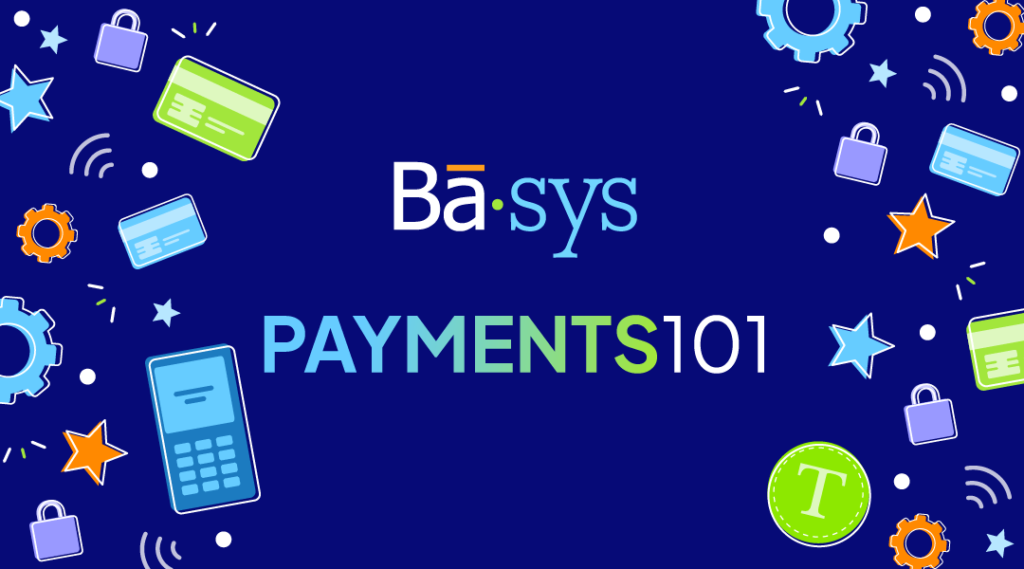
Curious about how surcharging can benefit your business? Discover how this cost-saving strategy can help you offset credit card processing fees while maintaining compliance with industry regulations.
Here’s a quick overview of what you’ll learn:
Offsetting Fees: Understand how surcharging allows you to recover credit card processing costs.
Flexibility in Application: Learn how surcharges can be applied both in-store and online.
Compliance Essentials: Explore key regulations and compliance requirements to avoid costly penalties.
Customer Perception: Get tips on managing customer reactions to surcharges.
Read on to see how surcharging can enhance your business operations and protect your bottom line.
Introduction to Surcharging
As a business owner, managing expenses is key to maintaining profitability. While credit and debit cards remain the most trusted and widely accepted payment methods, managing the costs associated with accepting credit cards can be challenging. Fortunately, surcharging offers a solution that allows merchants to recoup these fees. At Basys, we provide unparalleled support and personalized service to ensure that merchants understand and implement surcharging in a way that aligns with both their business needs and industry regulations.
What is surcharging?
Surcharging is a fee merchants can add to credit card transactions to help offset the costs associated with processing those payments. While it is common for businesses to cover these fees themselves, surcharging enables merchants to pass them onto customers who choose to pay with credit.
Why it matters:
Credit card processing costs can add up quickly, especially for small and medium-sized businesses. By introducing a surcharge, merchants can maintain profitability without raising prices across the board. Surcharging offers a way to manage the increasing expenses of card acceptance, ensuring that businesses can continue to provide value to their customers without compromising their bottom line.
Key Benefits of Surcharging for Businesses
Offsetting Credit Card Fees
Every time a customer pays with a credit card, merchants face transaction fees that are often higher than those associated with debit or cash payments. Surcharging allows merchants to recover those costs, keeping margins intact while still offering customers the convenience of credit card payments.
Flexibility for In-Store and Online Purchases
Surcharging isn’t limited to physical transactions. Whether your business operates in-store, online, or both, surcharges can be applied to credit card transactions in any environment. This flexibility means you can manage processing fees across all sales channels, whether you’re selling face-to-face or through an e-commerce platform.
Surcharging Regulations and Compliance
Notification Requirements
Before implementing a surcharge, merchants must notify the credit card networks (Visa, Mastercard, American Express, Discover) and their payment processors at least 30 days in advance. This requirement ensures transparency and helps maintain trust between merchants and the card networks.
State-Specific Regulations
Surcharging is regulated at the state level in the United States, and not all states allow it. For example, California, Connecticut, Maine, Massachusetts and Puerto Rico prohibit surcharging entirely. While other states have specific caps that are lower than the cap from the Card Brands. Staying informed about your state’s laws is essential to ensure compliance and avoid penalties.
Card Network Rules
Visa, Mastercard and other card networks have strict regulations regarding surcharging. Merchants cannot surcharge more than their processing costs, and surcharges are not permitted on debit or prepaid cards. Adhering to these rules is crucial to avoid penalties from card networks.
The Importance of Compliance
Penalties for Non-Compliance
Failing to comply with surcharging rules can result in fines of up to $5,000 per violation. Card networks regularly monitor merchants using secret shoppers to ensure that surcharging practices are within their guidelines.
Required Disclosures
Merchants must clearly display surcharging fees at key points of entry, such as store entrances or website checkout pages. Additionally, fees must be itemized on receipts and included in any marketing materials to maintain transparency and compliance with card network rules.
Surcharging vs. Cash Discounting vs. Dual Pricing
How They Differ
While surcharging adds a fee to credit card purchases, cash discounting provides customers with a discount for paying with cash. Dual pricing, where both options are presented, is becoming more popular as it allows customers to make informed choices.
Pros and Cons
Surcharging often involves more regulatory complexities than cash discounting, which has simpler compliance requirements. However, for merchants who process a high volume of credit card transactions, surcharging may be more effective at offsetting card processing fees. Dual pricing gives customers the option to choose how they want to pay—cash or card—while offering a transparent pricing structure, but it can require additional systems or software to manage two different price points, which may complicate the checkout process and confuse customers.
Considerations for Your Business
Customer Perception
One of the key considerations when introducing a surcharge is how it will affect customer perception. While surcharging can help offset fees, some customers may feel they are being penalized for using credit cards. To mitigate this, it’s important to clearly communicate the reasons for surcharging and how it helps keep overall prices fair.
Compliance Resources
Navigating surcharging regulations can be complex. That’s why working with a trusted payment processor, like Basys, can make all the difference. We ensure that our merchants are fully informed of state laws and card network rules, helping them avoid costly penalties.
Conclusion
We’re Here to Help
At Basys, we are committed to providing the highest level of support for merchants looking to implement surcharging. Our team will guide you through every step of the process, ensuring compliance and helping you manage the rising costs of credit card processing.
Next Steps
Interested in learning more about surcharging? Contact Basys today for a consultation. Our experts are here to answer your questions and help you determine if surcharging is the right solution for your business. Let us help you offset credit card fees while continuing to offer unparalleled service to your customers.
General Contact
"*" indicates required fields



